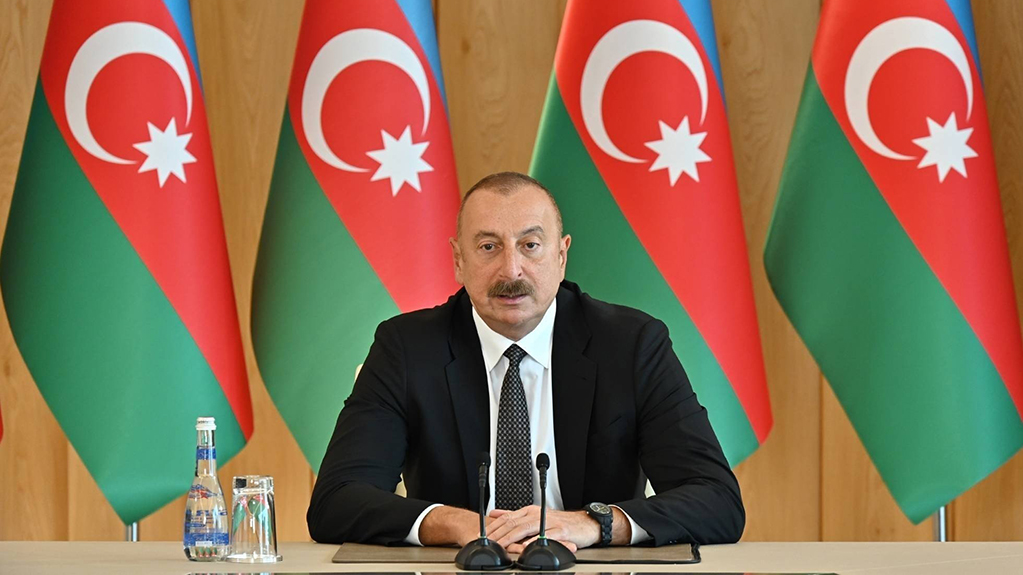The President of Azerbaijan, Ilham Aliyev, has scheduled early presidential elections. The Central Election Commission was instructed to hold the elections on February 7, 2024.
News
The next presidential elections in Azerbaijan were to be held in 2025. The reason for calling early elections was not provided.
Ilham Aliyev has been the president of Azerbaijan since 2003. He won the last election in 2018 and extended his presidential tenure for another 7 years.
During the 20-year rule of Aliyev, the human rights situation in the country worsened. According to a recent report by the international human rights organization Amnesty International, freedom of expression, assembly, and association is severely limited in Azerbaijan. There are arbitrary arrests and politically motivated persecution of civil activists. The government suppresses peaceful protests and hinders the activities of independent organizations and media outlets.
Another international organization, Freedom House, refers to Azerbaijan's political system as an “authoritarian regime”. “Corruption is flourishing and the formal political opposition has been weakened by years of persecution. In recent years, the government has been cracking down on civil liberties on a large scale, leaving little room for independent expression and activism,” Freedom House wrote.
As per the constitutional amendments adopted in 2009, a single person can run for President of Azerbaijan without a limit.
After the military operation carried out on September 19-20 of this year, Baku announced that it had completely regained control over the territory of Nagorno-Karabakh and declared the restoration of sovereignty. A total of 120 thousand people lived in Karabakh. Ethnic Armenians fled the region en masse and moved to Armenia. They cite the fear of persecution by the Azerbaijani authorities as the reason.
On September 28, the president of the unrecognized republic, Samvel Shahramanyan, signed an order, according to which all “state institutions and organizations will be dissolved by January 1, 2024,” and the “Republic of Nagorno-Karabakh (Artsakh) will cease to exist.”
On October 3, former de facto presidents of Nagorno-Karabakh, Arkadi ghukasyan, Bako Sahakyan, Arayik Harutyunyan, and National Assembly Chairman Davit Ishkhanyan were arrested.
According to Ilham Aliyev, 140,000 people are expected to return to Karabakh by 2026 within the framework of the “Great Return to the Liberated Territories State Program”.
The Karabakh region was transformed into an autonomous region during Soviet rule. In 1988, the people of Karabakh wanted it to be transferred from Soviet Azerbaijan to Soviet Armenia. The conflict escalated into a full-scale war in the early 1990s. The hostilities continued until 1994, and eventually, the region came under the control of the local Armenians, who declared independence on the territory of Karabakh. The Republic of Karabakh was not recognized by any country, including Armenia itself.















